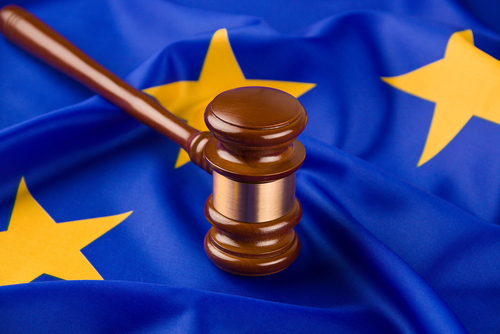The European Commission (EC) has fined Microsoft €561m (£485m) for failing to adhere to a 2009 agreement in which the software company promised to offer Windows users in Europe a choice of web browsers, the first time any company has been penalised for breaking such settlement.
Microsoft admitted to making a mistake in July 2012, citing a technical issue that meant a choice of browsers had not been offered to around 28 million PCs running Windows 7 Service Pack 1 since February 2011. It apologised and issued a fix for Windows 7 and Windows 8, but this was not enough to placate the European authorities.
The EC had the power to fine Microsoft up to ten percent of its annual global turnover, in this case $7 billion (£4.64b), and it had been suggested that any penalty would take into account repeat offences. Microsoft has been previously fined for more than €1 billion, for breaking various EU rules over the last decade.
Microsoft will pay
The commission said that although the fine took into account the gravity of offences and duration of the settlement, it also acknowledged Microsoft’s cooperation and mitigating circumstances.
 “In 2009, we closed our investigation about a suspected abuse of dominant position by Microsoft due to the tying of Internet Explorer to Windows by accepting commitments offered by the company,” said Commission Vice President in charge of competition policy Joaquín Almunia.
“In 2009, we closed our investigation about a suspected abuse of dominant position by Microsoft due to the tying of Internet Explorer to Windows by accepting commitments offered by the company,” said Commission Vice President in charge of competition policy Joaquín Almunia.
“Legally binding commitments reached in antitrust decisions play a very important role in our enforcement policy because they allow for rapid solutions to competition problems. Of course, such decisions require strict compliance. A failure to comply is a very serious infringement that must be sanctioned accordingly,” he added.
The EC hopes that the fine will serve as a warning to other companies subject to antitrust investigations, such as Google, not to break any agreements.
The search giant is under investigation over allegations that by giving preference to its own services, it is harming competition and denying consumers access to better quality of information. The EC aims, either through a settlement or through legal action, to change the way Google presents its search results, but not the underlying algorithm.
It is understood that the EC would prefer to reach an agreement that would prevent the need for a lengthy legal battle.
What do you know about Microsoft? Try our quiz!





